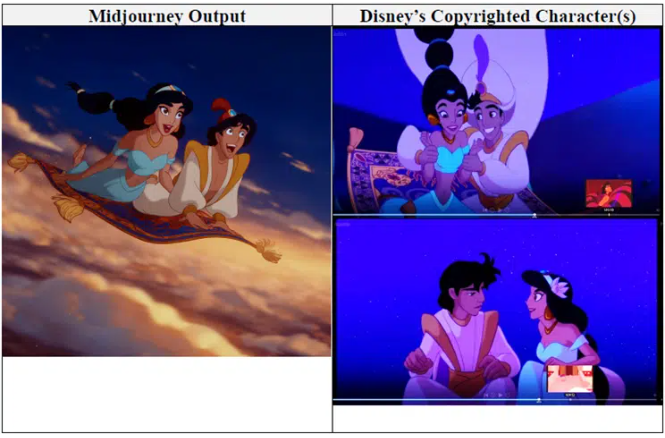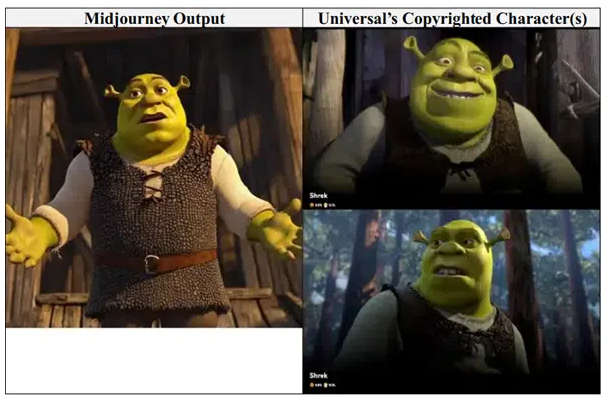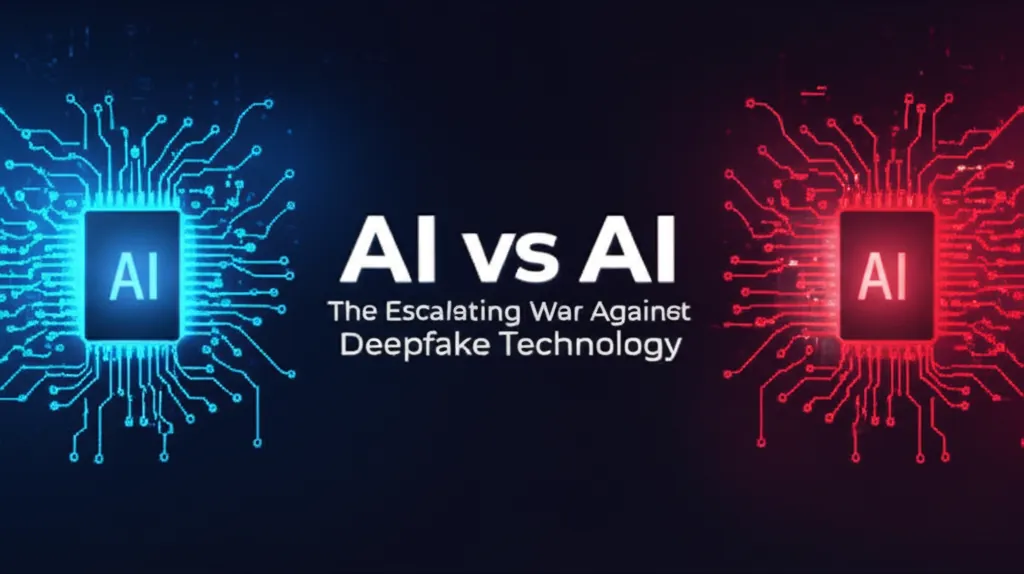Developer Offer
Try ImaginePro API with 50 Free Credits
Build and ship AI-powered visuals with Midjourney, Flux, and more — free credits refresh every month.
Hollywood Titans Sue Midjourney In AI Copyright Showdown
Hollywood's Legal Stand Against Generative AI
In a move that could fundamentally alter the landscape of artificial intelligence and intellectual property, media giants Disney and NBCUniversal have initiated a major federal lawsuit against the popular AI image generator, Midjourney. Filed in the U.S. District Court for the Central District of California, this case represents the first significant legal challenge from major Hollywood studios against a generative AI company.
This lawsuit joins a growing list of legal battles in the AI space, following landmark cases such as Getty Images (US) Inc and others v Stability AI Ltd in the UK and Bartz v Anthropic in the U.S. The Getty case against Stability AI in the UK recently saw copyright claims dropped after Getty could not prove the AI's training process occurred within the UK's jurisdiction and after Stability AI voluntarily implemented measures to block the infringing prompts.
The Core Allegations: A "Bottomless Pit of Plagiarism"
The comprehensive 143-page complaint accuses Midjourney of systematically using Disney and NBCUniversal's copyrighted characters and creative works to train its AI models without any authorization. The studios argue that Midjourney not only committed direct infringement but also facilitates secondary infringement by allowing users to create unauthorized images of iconic characters like Darth Vader, Elsa, Shrek, and the Minions.
The lawsuit breaks down the allegations into four key points:
- Midjourney knowingly trained its AI on Disney and Universal's content, fully aware that this would result in copies and derivative works.
- The company publicly displays and distributes these unauthorized copies and derivative works of the studios' famous characters.
- Midjourney uses its database of previously generated infringing images to advertise its platform's capabilities.
- Despite having the technical ability, Midjourney deliberately chooses not to implement reasonable measures to prevent ongoing copyright infringement.
To support their claims, the plaintiffs included numerous visual examples:


The suit labels Midjourney a "quintessential copyright free-rider" and a "bottomless pit of plagiarism," highlighting that the company earned over $300 million USD last year with only 11 full-time employees. The studios contend this success was built entirely on the unauthorized exploitation of protected intellectual property, and they claim Midjourney ignored multiple cease-and-desist letters while continuing to update its platform.
A Pivotal Moment for AI and Copyright Law
This lawsuit is more than just a high-profile dispute; it signifies a major escalation in the broader legal conflict between content creators and AI developers. As news organizations, artists, and music labels challenge the unauthorized use of their work, the involvement of Disney and NBCUniversal marks a new phase. Unlike smaller entities, these media conglomerates have the financial and legal power to see this complex case through every stage, potentially setting a lasting precedent.
While the court's decision will not be binding in countries like Australia, it could serve as a powerful persuasive authority. With Australia currently lacking specific AI legislation, the outcome of this U.S. case could significantly influence its future legal framework. The Australian Government is, however, beginning to take steps toward introducing its own AI-related laws.
What This Lawsuit Means for Businesses Using AI
This legal battle underscores a critical reality for modern businesses: the use of AI-generated content is not a lawless frontier. As companies integrate generative AI into their creative and operational workflows, they must recognize that copyright law still applies. Courts are now actively defining the legal boundaries of how AI can use copyrighted materials.
Organizations cannot afford to assume that AI-generated content is immune to infringement claims. Depending on the outcome, this case could lead to industry-wide changes, such as mandatory licensing agreements for AI training data, stricter content filters, or more conservative usage policies to mitigate legal risks. Europe has already moved in this direction, passing its AI Act, which requires businesses interacting with the European market to maintain compliant AI policies.
Compare Plans & Pricing
Find the plan that matches your workload and unlock full access to ImaginePro.
| Plan | Price | Highlights |
|---|---|---|
| Standard | $8 / month |
|
| Premium | $20 / month |
|
Need custom terms? Talk to us to tailor credits, rate limits, or deployment options.
View All Pricing Details

